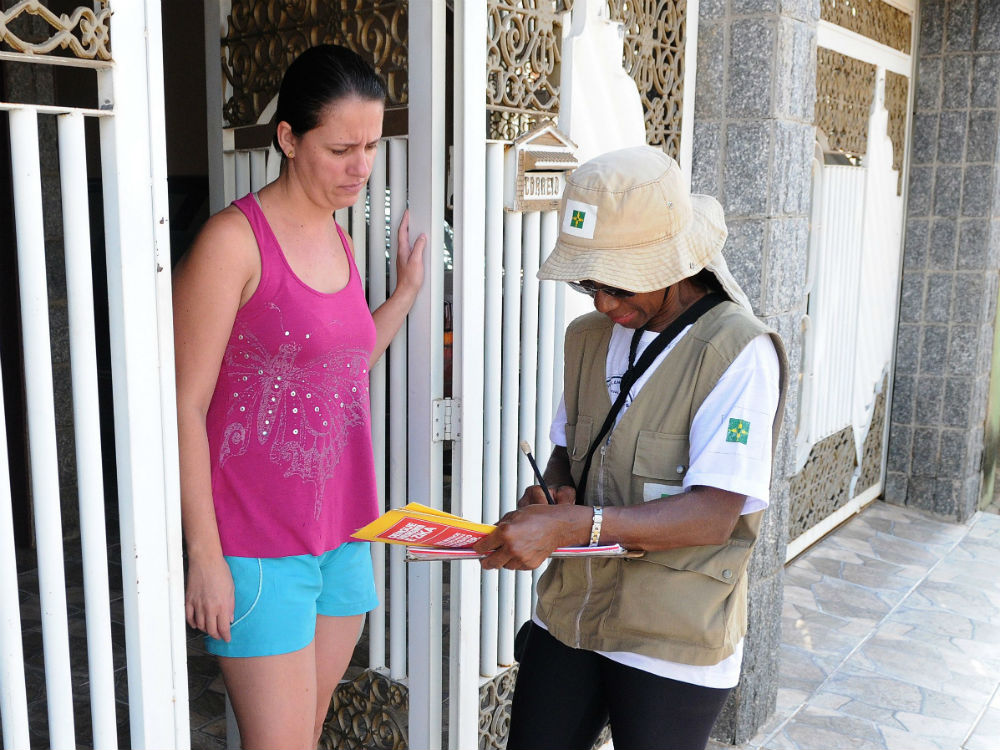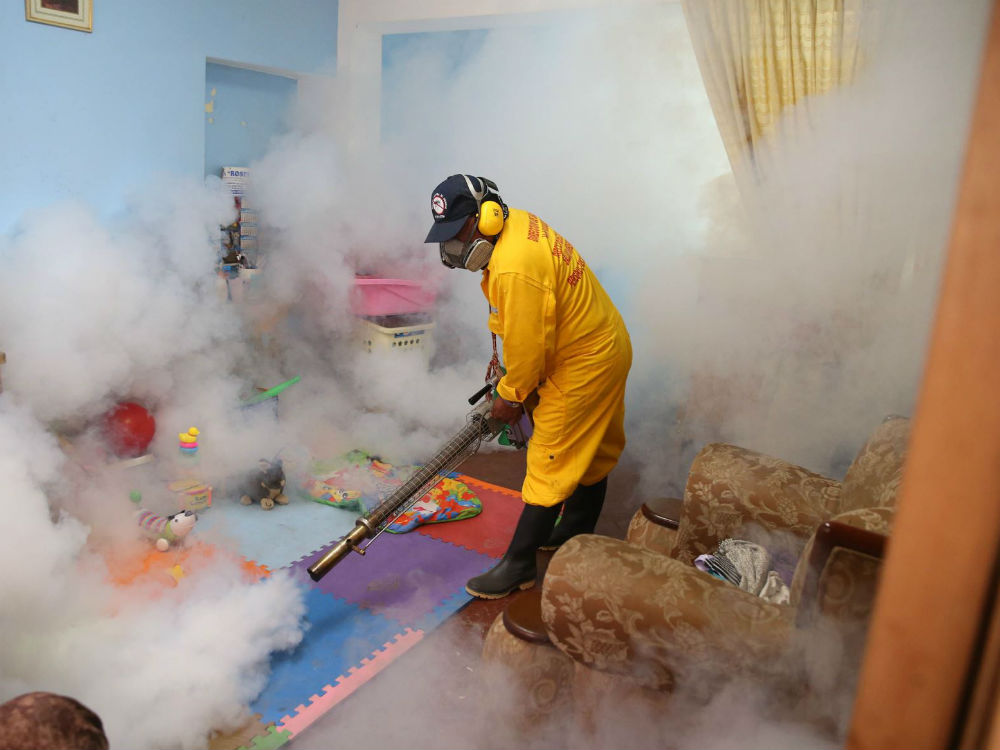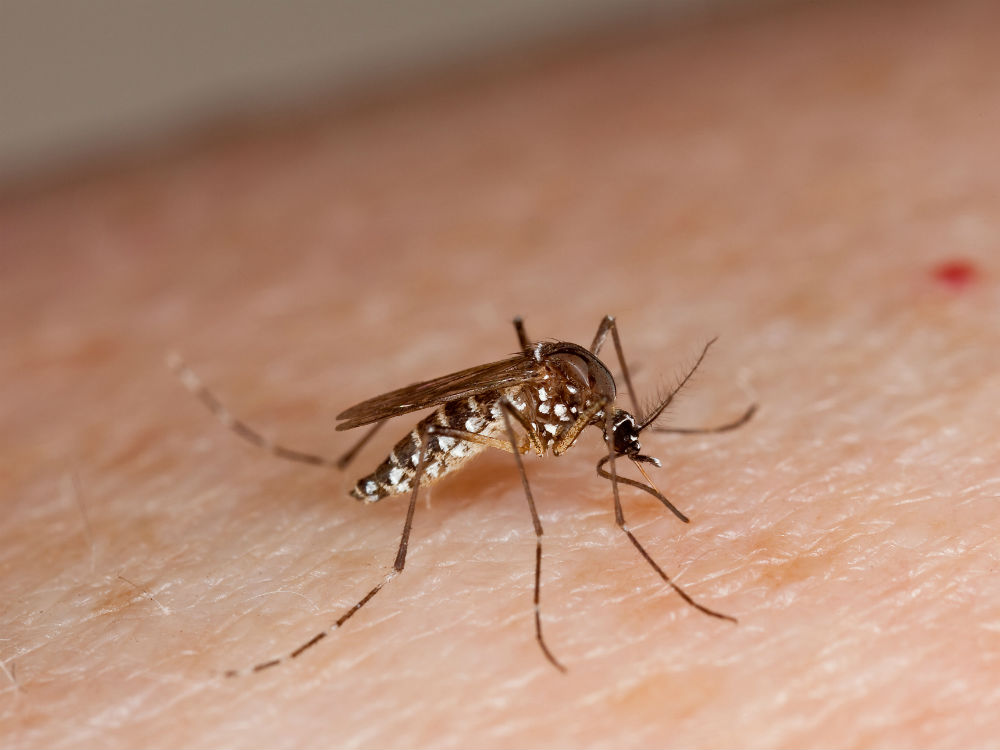Free Abortions Offered To Women In The Zika Virus Zone
Thousands of women unable to get safe abortions in the Zika virus zone are being offered free pills by Women On Web

Thousands of women unable to get safe abortions in the Zika virus zone are being offered free pills by Women On Web
The online abortion service Women On Web is offering free abortion medication to women in the Zika virus zone.
The virus - which continues to spread across the Americas at an alarmingly rapid pace - is relatively harmless unless it is contracted during pregnancy, when it carries a high risk of microcephaly, a neurological condition which prevents brain development in infants. In Columbia alone, the virus has already infected more than 2100 pregnant women.
But countries within the Zika zone are increasingly coming under fire for their conservative attitudes to abortion and contraception. In many countries women have simply been advised to not get pregnant 'until 2018', which does not address the fact that many who became pregnant before the outbreak are prevented by law from terminating their pregnacies.
Campaigners have also pointed to a severe lack of proper contraception available to women across South America, forcing many to pursue dangerous back street abortions.

A statement released by Women On Web announced that 'women who are less than nine weeks pregnant can do an online consultation, which is reviewed by doctors, and packages that contain medical abortion pills are sent in case the woman is eligible for the medical abortion.'
The organisation urged women to get in touch with them 'as early as possible' to allow for the long 1-5 week shipment period of the pills to countries such as Colombia, Bolivia, Chile, Guadeloupe, Paraguay, Venezuela, Argentina and El Salvador.
Celebrity news, beauty, fashion advice, and fascinating features, delivered straight to your inbox!

The Zika virus is spread by the Aedes mosquito. Read more about its causes and symptoms here
Though Brazil is one of the countries worst affected by the Zika virus - with an estimated 1.5 million cases so far - the country's conservative abortion laws mean Women On Web packages are still being intercepted by customs officials. 'Unfortunately the Brazilian government stops all packages that contain medical abortions' the charity added in their statement, 'Women on Web calls upon the Brazilian government and Anvisa to suspend the interception of packages with medical abortions at least for the duration of the Zika epidemic.'
Pregnant women in Brazil are prohibited from having abortions if they are affected by the Zika virus. In response, an urgent petition has been drawn up by a group of activists, lawyers and scientists asking the government to give women exeption if they are infected. Abortions in Brazil are currently only allowed in cases of rape and risk to the life of the mother.

A pro-abortion protest in Sao Paulo, Brazil
Some of the other countries affected by the Zika virus - such as French Guyana and Barbados - already allow abortions, but others will need to urgently reasses their abortion laws to prevent thousands of babies being born with microcephaly, which could lead to a major healthcare crisis.
The leading destination for fashion, beauty, shopping and finger-on-the-pulse views on the latest issues. Marie Claire's travel content helps you delight in discovering new destinations around the globe, offering a unique – and sometimes unchartered – travel experience. From new hotel openings to the destinations tipped to take over our travel calendars, this iconic name has it covered.